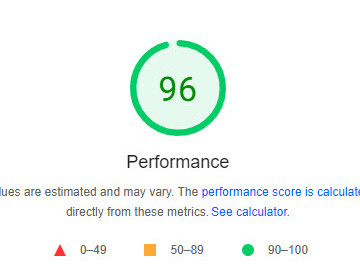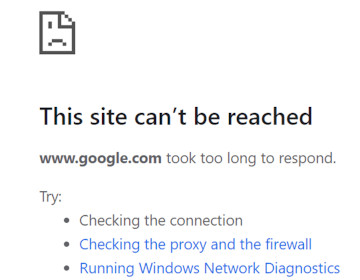A Solid List of Negative Keywords is the Best Defense Against Wasted Ad Spend
-
July, 2023
-
Google Ads
-
Team Seriously

Intro
The Purpose of Negative Keywords:
Negative keywords enable you to exclude your ads from showing to visitors or customers who may be less interested in your products or services. For instance, if you own a vintage wine shop selling luxury wine glasses, you want to attract highly interested traffic to your website. By adding negative keywords like "reading glasses" or "sunglasses," you can ensure that your ads don't appear when users search for unrelated items, thus refining your targeting.
Negative Keywords and Match Types:
Match types determine when Google Ads will serve your ad. Using negative keywords with different match types allows you to control how your ads are triggered.
Exact match negatives: Excluding the exact term [coffee shops in London] ensures your ad won't show for that precise search query.
Phrase match negatives: Adding "how do I" as a negative keyword helps eliminate searches that are more likely seeking DIY advice rather than your specific service.
Broad match and broad match modified negatives: These match types are advanced options that require caution, as they can exclude a wide range of keywords. It is recommended for experienced users who understand their potential impact.
Benefits of Negative Keywords:
By utilizing negative keywords effectively, you can reap several benefits that enhance the performance of your Google Ads campaigns:
Reduce campaign budget loss: Excluding irrelevant search traffic minimizes wasted ad spend.
Exclude irrelevant searches: By preventing your ads from showing for unrelated queries, you attract more qualified and relevant traffic.
Reduce campaign average cost per click (Avg. CPC): Focusing on highly relevant searches can lead to lower CPCs.
Improve Quality Scores: Removing unrelated search terms improves the quality score of your keywords, which positively impacts ad performance.
Minimize unrelated searches: Negative keywords help filter out searches that are not relevant to your business, ensuring better targeting.
Conclusion:
Negative keywords are a powerful tool in optimizing your Google Ads campaigns. By excluding irrelevant searches, you can reduce budget loss, improve ad relevance, and attract more qualified traffic. Understanding match types and utilizing negative keywords effectively empowers you to have greater control over which searches trigger your ads, ultimately improving your campaign performance and maximizing your return on investment. Embrace the power of negative keywords and take your Google Ads campaigns to new heights.



